Conversations Allow You to Adopt Roles
In spoken conversations, we often take on roles. A speaker might explain something to someone else, in a sense becoming a guide through the conversation. Another speaker might advance an argument, taking on the role of an advocate for a particular position. These roles shift and change as the conversation moves along. Depending on the flow of the conversation, a person who explained something at one point in the conversation might make an argument later on.
| OBSERVERS (Chapter 5) focus on learning about and exploring the implications of a person, an event, an object, an idea, or an issue. They typically reflect on their subject and often trace their thinking about it. |
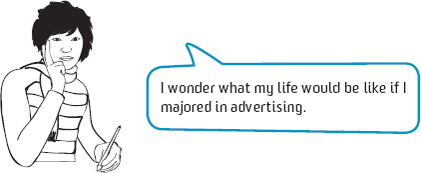
|
| REPORTERS (Chapter 6) present themselves as experts and present detailed but neutral information. A reporter might also provide an overview of competing ideas about a topic, such as a guide to the positions of candidates for public office. |
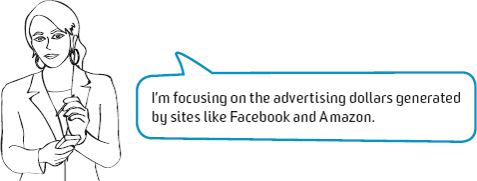
|
| INTERPRETERS (Chapter 7) analyze and explain the significance of ideas or events. |
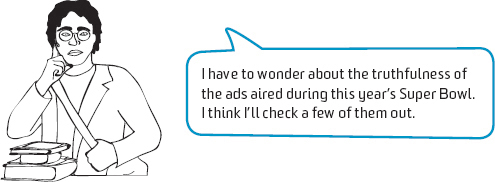
|
| EVALUATORS (Chapter 8) consider how well something meets a given set of criteria. Their judgments are usually balanced, and they offer evidence and reasoning to support their evaluation. |
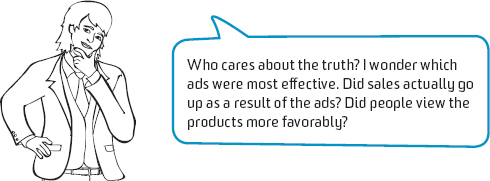
|
| PROBLEM SOLVERS (Chapter 9) identify and define a problem, discuss its impact, and offer solutions based on evidence and reasoning. |
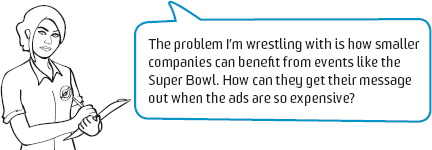
|
| ADVOCATES (Chapter 10) present evidence in favor of their side of an argument and, in many cases, offer evidence that undermines opposing views. |
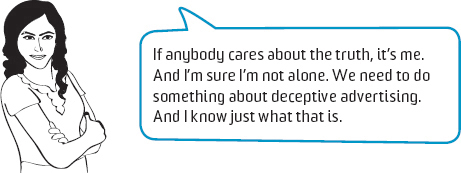
|
A similar form of role-playing — and shifting — takes place in written conversation. The roles writers take on reflect their purpose, their understanding of their readers, and the types of documents they plan to write. To help them achieve their purpose, writers typically adopt one or more of the roles you’ll learn about in later chapters of this book.
As in spoken conversations, the roles writers play are not mutually exclusive. In an introduction to an argumentative essay, you might find yourself adopting the role of reporter, helping your readers understand an issue so that they will be better positioned to understand the argument you’ll advance later. Similarly, you might find yourself adopting the role of advocate in a problem-solving essay as you shift from explaining a potential solution to arguing that it should be put into effect. To understand how this fluid shifting of roles can take place — and make sense — reflect on your experiences in spoken conversations. You’ll find that thinking of writing as a conversation will make it easier to understand how, and when, to shift roles.